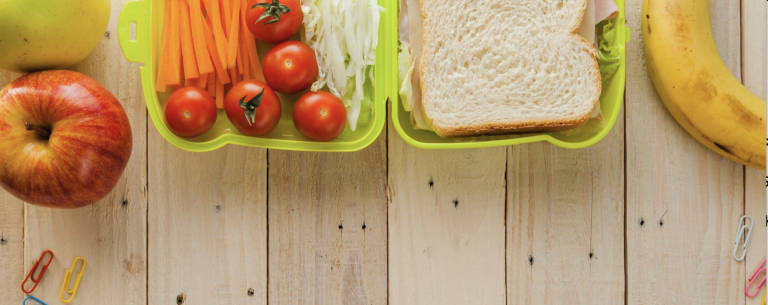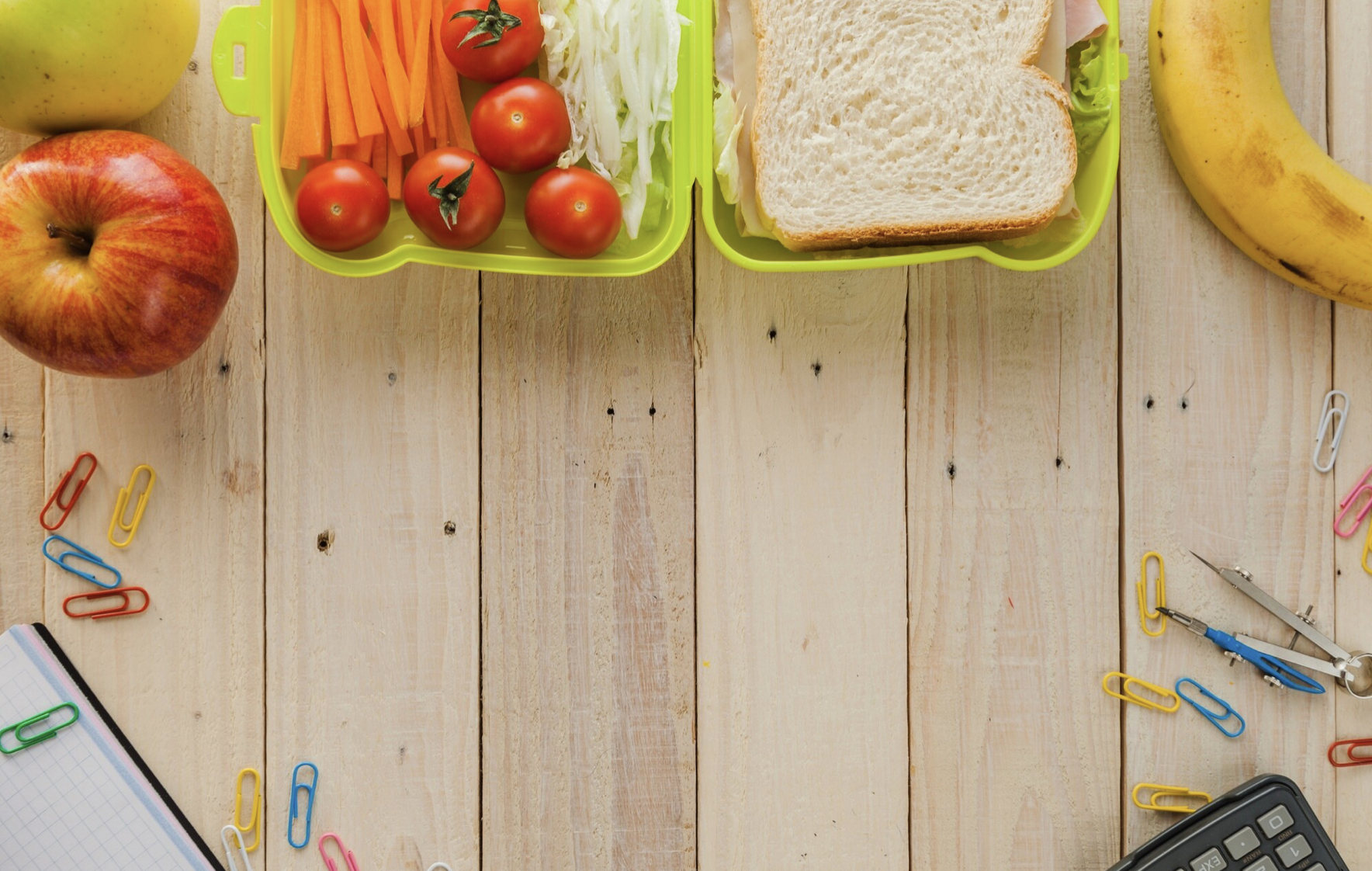
As the school year begins, ensuring your child is fueled with the right nutrients is key to supporting their academic performance, energy levels, and overall well-being. A balanced diet can help children stay focused, maintain steady energy throughout the day, and support their growing bodies. Here are some important nutrients to include in your child’s diet, along with practical tips for packing nutritious, balanced lunches.
Key Nutrients for Growing Kids:
1. Calcium and Vitamin D
Calcium and vitamin D are essential for bone health, especially during the rapid growth phases of childhood and adolescence. School aged children need between 1000-1300mg of calcium daily and 600-1000IU of Vitamin D. Calcium helps with bone formation and devlopement, while vitamin D enhances calcium absorption and supports immune function. Dairy products like milk, yogurt, and cheese are excellent sources of calcium, and many are fortified with vitamin D. If your child is lactose intolerant or dairy-free, look for fortified plant-based milks such as almond, soy, or oat milk. Tofu, spinach and almonds are other calcium-rich sources.
2. Unsaturated Fats
Not all fats are created equal, and unsaturated fats are the type you want to include in your child’s diet. These healthy fats are crucial for brain development, heart health and optimal growth. Avocados, nuts, seeds, olive oil, and fatty fish like salmon are all excellent sources. Incorporating these into your child’s meals will help support long-term health.
3. Iron
Iron is essential for carrying oxygen throughout the body and plays a key role in energy levels and cognitive function. Iron-rich foods such as beans, lentils, pumpkin seeds and spinach are important, particularly for growing kids and teens. Combining these non-heme iron-rich foods with sources of vitamin C, such as oranges, tomatoes, or bell peppers to enhance absorption and ensure your child getting the most out of their meals. Of course, lean meats are also a source of heme-iron.
Packing a Balanced School Lunch
A balanced school lunch should include a variety of nutrient-dense foods to keep your child full, energized, and ready to learn. Here’s how to build a well-rounded, nutritious lunch:
1. High-Fibre Carbohydrate Sources
Carbohydrates are the body’s primary source of energy, especially for children who are physically and mentally active all day. Opt for whole grains like whole wheat bread, brown rice, quinoa, or whole grain wraps. These high-fibre options release energy slowly, helping to maintain stable blood sugar levels and keep their digestive system happy and healthy.
2. Lean Protein
Protein is essential for growth, bone health and muscle development. Include lean proteins such as turkey or chicken breast, tofu, beans, Greek yogurt or low-fat cheese in your child’s lunch. Protein helps to keep them feeling full and focused longer.
3. Colourful Fruits and Vegetables
The more colourful the lunch, the better! Vibrant fruits and vegetables are packed with vitamins, minerals, and antioxidants that support everything from immune health to cognitive function. Aim for a variety of colours like red bell peppers, carrots, cherry tomatoes, cucumber slices, and berries. Not only are they visually appealing, but they also provide a wide range of nutrients necessary for optimal health. For each lunch ensure that you pack at least one fruit and one veggie.
Practical Tips for Success
- Get Kids Involved: Allow your children to help pack their lunches or choose fruits and veggies at the grocery store. They’ll be more likely to eat what they’ve helped prepare.
- Prep Ahead: Save time in the mornings by prepping lunches the night before or creating easy-to-grab portions of fruits, veggies, and snacks at the start of the week.
- Balance Treats: It’s okay to include a small treat in their lunchbox, but balance it with nutrient-dense options. For example, pair a small homemade cookie with a fruit and veggie-packed sandwich.
- Stay Hydrated: Don’t forget to pack a water bottle! Staying hydrated is key to helping children maintain focus and energy levels throughout the day.
The Bottom Line
A well-balanced, nutrient-rich diet can make a world of difference in your child’s school performance, energy levels, and overall health. By focusing on essential nutrients like calcium, vitamin D, unsaturated fats, and iron, and ensuring a variety of whole grains, lean proteins, and colourful fruits and veggies in their lunches, you’ll set them up for success—both inside and outside the classroom.
https://www.youtube.com/watch?v=84usbzX6MCA
